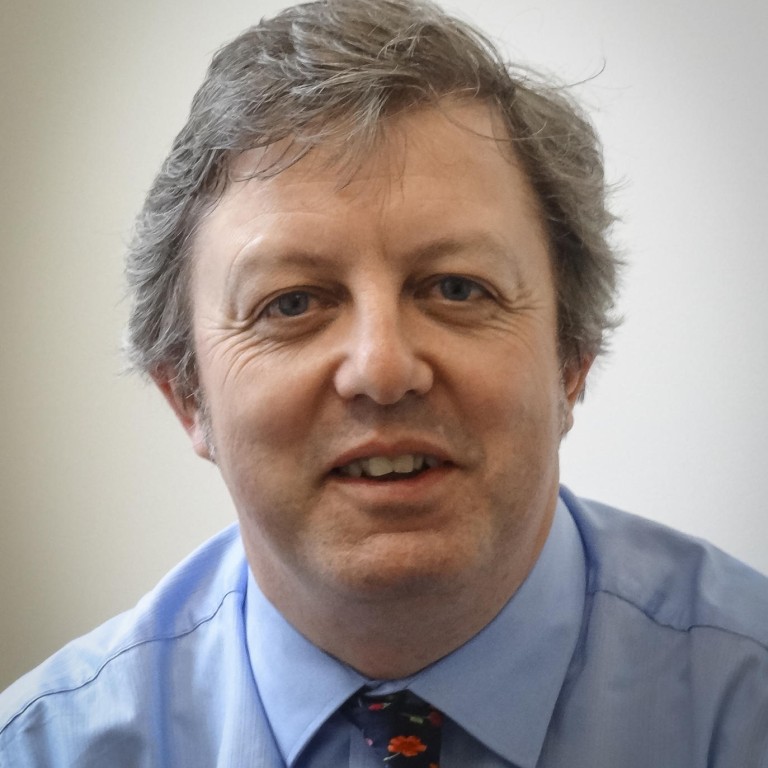
University of London to expand its selection of free online courses
The university that pioneered the world's first distance-learning degrees has put the latest trend in online education to the test by offering a selection of e-courses.
The University of London launched a suite of four massive open online courses (MOOCs) in June on the platform of educational technology firm Coursera. And after conducting a detailed evaluation of the students' course and survey results, it has declared the trial a success and plans to roll out further subjects.
The open online courses are free, but the number of active students is considerable
The free, open-access courses are offered online to an unlimited number of students - without formal assessment - and have attracted more than 210,000 people from 160 countries. A post-course survey found that 91 per cent of users rated it as "good", "very good" or "excellent", according to a report published by the university last week.
The four six-week courses currently available - in photojournalism, malware, English common law and computer programming - require about five to 10 hours of study per week, through video lectures, multiple-choice questions and interactive forums.
Barney Grainger, academic project manager for University of London International Programmes, says: "There is a very high satisfaction rate. And we have received, at this point, 45 expressions of interest in our degree courses from students who have taken one of our MOOCs.
"The fact that there is a conversion from MOOC learning to seeking full degrees would indicate that our outlay on these MOOCs has, in fact, been justified. Our learning journey has commenced, and the MOOC business model can work," Grainger says.
International Programmes is planning to continue all four pilot courses and launch five more MOOCs next year in partnership with institutions within the university. The new courses haven't been announced.
Grainger says the profile of MOOC users varied markedly from that of students working towards international degrees at the university. The former were typically graduate professionals in their 20s or 30s, living in developed countries or leading emerging-market economies.
More than 25 per cent were in the US, followed by India, Britain, Brazil and Spain, whereas most University of London international degree students had previously left school in former Commonwealth countries.
An analysis also showed there was an "engagement funnel" in the number of registered students who stayed active in the learning process, with a steady decline as the courses proceeded.
Of the 212,110 students who registered at the launch, 44 per cent were active learners who viewed a lecture, tried a quiz, or posted in a forum in the first week of the course. Of these 94,492 students, 29 per cent were still active in the sixth week, and 9 per cent completed the course and obtained a Statement of Accomplishment.
Mike Kerrison, director of academic development for International Programmes, says the retention rate matched expectations, and the number of students completing the course might not be the best measure of success, as most students were not seeking certification.
"Considering that the courses are free and allow students to do as much or as little work as they like, the number of students engaging in the course materials is considerable," he says.
Just 177 of the 25,543 students who answered a pre-course survey were from Hong Kong, which has 4,500 students seeking University of London international degrees, while 355 were from the mainland.
But Kerrison says the large number of Hongkongers who matched the MOOC student profile of well-educated professionals in their mid-30s suggested that registrations from the territory would increase over the coming years.
"I certainly think it is something likely to appeal to Hong Kong people," he says. "And there is very little doubt that in Hong Kong - and Singapore and Malaysia - we will get many of our alumni taking MOOCs as continuing professional development.
Kerrison says the mainland's absence from the list of emerging-market economies with the most MOOC students was largely due to internet access problems caused by the nation's restrictive firewall, but the issue is expected to be resolved through a partnership forged last month between Coursera and mainland internet provider NetEase.
"We would therefore expect our University of London courses launched in 2014 to have a much more significant base of students from mainland China," he says.
